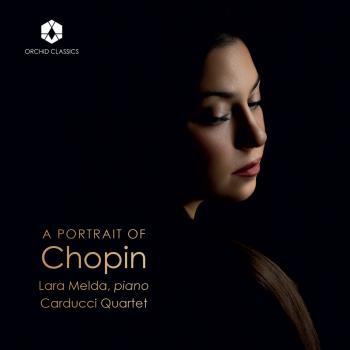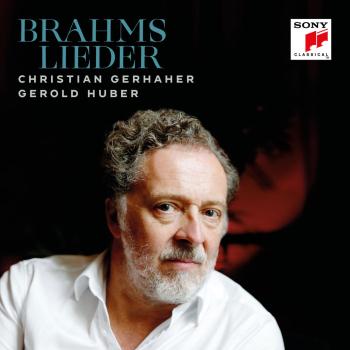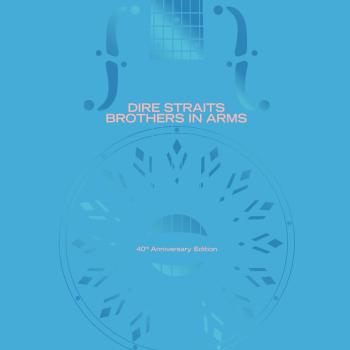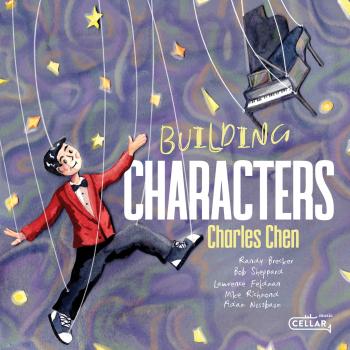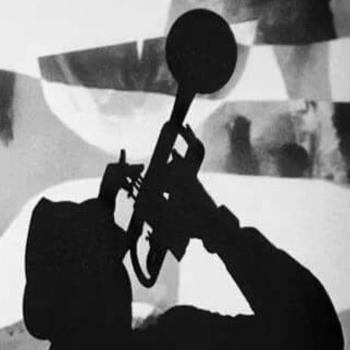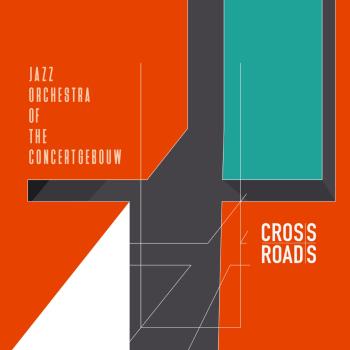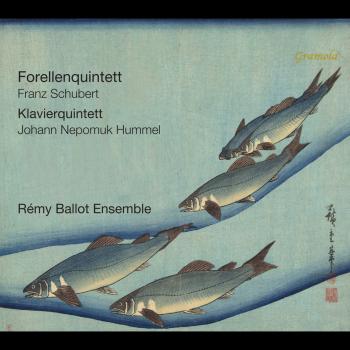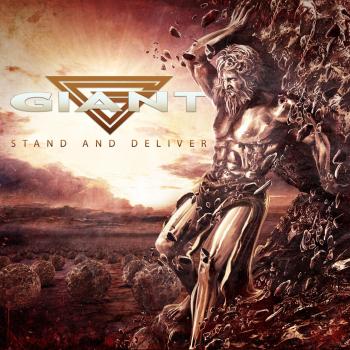
Midnight in Europe ZZ Quartet
Album info
Album-Release:
2021
HRA-Release:
11.06.2021
Album including Album cover
- 1 Pippo 05:31
- 2 Twilight Time Again 08:06
- 3 Voglio Una Donna 05:02
- 4 Frida Is Vanished 14:00
- 5 Baracoa 07:40
- 6 Morgagni Est 04:21
- 7 River Spirit 10:29
- 8 Café Finale 09:47
- 9 The Easy Whistler 04:56
Info for Midnight in Europe
This third outing by the ZZ Quartet, co-led by guitarist Ratko Zjaca and accordionist Simone Zanchini, finds the intrepid improvisers and virtuosos on their respective instruments stretching and exploring in separate live settings last year. Recorded in pre-pandemic times at the Milestone Jazz Club in Piacenza and at the Cantina Bentivoglio during the 2019 Bologna Jazz Festival, „Midnight in Europe“ finds Zjaca and Zanchini taking liberties with some of their own tunes they had previously recorded on two previous studio recordings — 2010’s „The Way We Talk“ and 2013’s „Beyond the Lines“. The two also played together on Zanchini’s 2015 album „Don’t Try This Anywhere“, the accordionist’s tribute to the late tenor sax great Michael Brecker.
Accompanied by bassist Martin Gjakonovski, a native of Macedonia now living in Bergisch Gladbach near Cologne, and Zjaca’s longtime collaborator, American drummer Adam Nussbaum, whose wealth of credits include touring and recording with saxophonist Brecker, guitarists John Scofield and John Abercrombie, and legendary bandleader Gil Evans, Zjaca and Zanchini present an eclectic set of music that organically blends aspects of jazz, classical, folkloric, world music and rock, with just a touch of humor along the way from the fertile imaginations of these stellar improvisors.
“Simone and I grew up listening to jazz, and jazz is American music,” said Zjaca, a Croatian native and longtime resident of Rotterdam. “But we always want to declare that we come from Europe and that we are, with the exception of Adam, a European band.”
That quintessentially European element can be clearly heard on Zanchini’s plaintive ballad Frida Is Vanished, where his love for the films of fellow Rimini native Federico Fellini comes through (the accordionist last year delivered a brilliant tribute to Fellini’s main music composer Nino Rota in collaboration with the Frankfurt Radio Big Band). This live version extends by a full eight minutes the studio version that the ZZ Quartet delivered on„The Way We Talk“, courtesy of Zanchini’s dramatic and expansive solo accordion intro. Nussbaum’s alluring brushwork sets the delicate tone here alongside Gjakonovski’s minimalist, contrapuntal bass lines. Zjaca solos in a subdued, warm-toned Jim Hall mode while Zanchini acquits himself with elegance and uncommon expressiveness throughout, with flashes of his signature virtuosity punctuating the wistful vibe. “I’m very close to these kinds of melodies,” said Simone. “I grew up with this kind of sound, more or less. And I play an instrument that also is very connected to this kind of romantic Mediterranean sound. Frida Is Vanished is the closest composition on the album to that kind of melody and lyricism of Nino Rota and all that Mediterranean music. It‘s a kind of blending together of the Italian melody or cantabile with chromaticism. And both together can be a good sound.”
By contrast, Zjaca’s driving, uptempo Voglio Una Donna (previously recorded on „Beyond the Lines“) conveys a modernist jazz sensibility in the rapid-fire eight bar exchanges between accordionist Zanchini and drummer Nussbaum. Gjakonovski’s forceful bass lines fuel the track alongside Nussbaum’s brisk brushwork. And catch Zanchini briefly emulating a Brazilian cuica at the 3:12 mark. Also note Zjaca’s use of a riff from Jimi Hendrix’s
„Manic Depression“ as a repeating motif throughout the song. Said the composer, “That’s what we like. We like Hendrix, we like Fellini, we like Wayne Shorter, we like Michael Brecker, we like Coltrane. And we like to mix it all up.”
The album’s spirited opener, Zanchini’s Pippo, was previously recorded on „The Way We Talk“. A tightly orchestrated number with a challenging head played in unison between bass, accordion, guitar and drums, it goes through some intricate time-shifting, from 4/4 to 3/4 to 5/4, without dropping a beat. Zjaca’s solo here is splintered and full of dissonance, more coming out of the edgier James Blood Ulmer school than the more polished Pat Metheny school. Midway through his solo he kicks on an effects pedal that takes the tune into a different tonal zone. Nussbaum follows with some muscular drum fills before Zanchini takes off on an energized Latin section that sounds reminiscent of Chick Corea’s famous Armando’s Rhumba. Bassist Gjakonovski follows suit with a perfectly executed tumbao groove here.
Zjaca flirts with 11/4 time on his upbeat, mid-tempo swinger Twilight Time Again, which features guitar and accordion locked in tight unions on the intricate head. The guitarist channels his inner lines on his blues-tinged solo here while bassist Gjakonovski steps forward and delivers a remarkably melodic solo before the piece returns to the appealing theme and resolves on an ambient note.
The guitarist’s entrancing minor key number Baracoa, named for the Cuban city he visited a few years ago, shifts nimbly from 3/4 to 5/4 and also blends a subtle Metheny influence with a touch of the Mediterranean. Gjakonovski contributes a fleet-fingered bass solo on this number which previously appeared on Zjaca’s 2018 organ quartet album, „Life On Earth“.
Zanchini’s Morgagni Est (from „The Way We Talk“) may be the most subversive offering of the set. With the accordionist incorporating digital looping and electronics and the guitarist stomping on his effect pedals (notably a wah-wah filter and a touch of distortion on his solo), this outré bit of collective improv is by far the group’s edgiest number. “Because it’s essentially no changes, we wanted to push the envelop and really going into wild dynamics,” said Zjaca. “This tune is more about listening to each other playing no chords, just reacting on the musical motivs and the different pitch sounds.”
Zjaca’s mellow and mysterious River Spirit (from „Beyond the Lines“) opens with an unaccompanied bass solo from Gjakonovski. A Metheny influence can be heard in the writing and the lyricism from the guitarist on this enchanting number. Also, catch Zanchini’s sly quote from Dizzy Gillespie’s„Birk’s Works“ in the middle of his solo here.
The only number here not previously recorded is Zanchini‘s Café Finale. With a chops-busting head that segues to an urgent, up-tempo swing section, it is the accordionist’s clear nod to his mentor and role model, American bop-inspired jazz accordion pioneer of the early 1950s, Art van Damme. “Art was definitely my guru,” he said. “I had a chance to play with him when I was around 26 years old. And then in 2006 I made an album called „Fuga per Art“, which is a tribute to Art Van Damme where I reimagined all his arrangements of his famous quintet with vibes (1953’s „Martini Time“). It’s a modern version of that music and I sent him the album in Los Angeles when it was finished. He later wrote me two letters on a typewriter, which I have in my studio like a very precious treasure. The first one he sent me had a lot of compliments and the second one he wrote from the hospital. And among all the congratulations he wrote: ‘Hey Simone, we have to be quick to play again together because I am in the hospital and I’m turning 89.’ And then after a few months he died. So, with Art, I am completely close, not just with the music but also in a human way. He was one of my first inspirations ever. Still today he is. Art was my first teacher, my first point of reference, my guru, my friend.
I really loved that guy.” Following in the footsteps of Van Damme and another big accordion inspiration, Frank Marocco, Zanchini continues to push the accordion forward by wedding his unparalleled facility to his boundless imagination and fearless abandon.
You can hear a touch of humor injected into The Easy Whistler, Simone’s answer to Bobby McFerrin’s „Don’t Worry, Be Happy“. Coming after the surging swinger Café Finale, it almost sounds like parody.
“We call this musical theater,” said Zjaca of the ZZ Quartet’s eclectic approach. “We want to be open for any ideas, any sound. We like rock music, we like jazz, avantgarde music, swing, everything. We don’t want to be in a cage just playing one particular groove or style or sound. You can hear that there are a lot of different directions that we are going in. We’re not afraid to play a simple swing tune and then we will go to the really open territories. That’s what we like to do. We like going out of our comfort zones.”
Added Zanchini, “I guess this is really one of the power points of the band, this kind of capacity to stretch the music so much and walk through all those different genres and music styles. And because of this attitude, every concert is different. We may have the same setlist, but we bring different aromatics, different atmospheres. We really try every night to do something new.”
And they succeeded in grand fashion on these two unforgettable nights in Italy’s Emilia-Romagna region. From structured forms to sublime ballads to free flowing conversations on the bandstand, the ZZ Quartet speaks in a myriad of tongues on„Midnight in Europe“.
Simone Zanchini, accordion, live electronics
Ratko Zjaca, electric guitar, electronics
Martin Gjakonovski, double bass
Adam Nussbaum, drums
ZZ Quartet
This group has a unique musical vision that absorbs and reflects all manner of music while retaining an enviable individualism and high quality craftsmanship that can span from quiet intimacy to searing intensity. Diverse musical backgrounds, which include jazz, modern classical, world music, and free improvisation. They have been working on original compositions as well as crafting beautiful and haunting improvisations. Their music blurs the boundaries between notated music and free improvisation; the unique sonic landscapes that result are grounded in history, while pushing at the boundaries of modern improvised music.
Simone Zanchini
Considered one of the most interesting and innovative accordion player on the international scene, his research moves between the boundaries of contemporary music, acoustic and electronic sound experimentation, mixing together experiences and super-refined influences issuing in an absolutely personal approach to improvisation materials. Eclectic musician, performs an intense concert activity with groups of diverse musical backgrounds (improvisation, contemporary music, jazz, classical). Graduated with honors in classical accordion at the Conservatory G. Rossini in Pesaro, with the Master Sergio Scappini.
He has performed in several Festivals in Italy (Clusone Jazz, Umbria Jazz, Tivoli Jazz, Jazz in the Time-Berchidda, Sant’Anna Arresi, Barga Jazz, Mara Jazz, Jazz-in’it, Ravenna Festival, Rossini Opera Festival, Siena Jazz, Roccella Jonica etc.) and in the mainly international Festivals (France, Austria, Germany, England, Holland, Sweden, Denmark, Finland, Slovenia, Croatia, Macedonia, Spain, England, Norway, Russia, Tunisia, Lebanon, India, Venezuela, Japan, etc.).
He has collaborated with many internationally renowned musicians from different musical backgrounds such as: Thomas Clausen, Gianluigi Trovesi, Javier Girotto, Marco Tamburini, Massimo Manzi, Tamara Obrovac, Krunoslav Levacic, Vasko Atanasovski, Paul Fresu, Antonello Salis, Han Bennink, Art Van Damme, Bruno Tommaso, Ettore Fioravanti, Mario Marzi, Michele Rabbia, Andrea Dulbecco, Giovanni Tommaso, Gabriele Mirabassi, Frank Marocco, Bill Evans, Adam Nussbaum, Jim Black. Since 1999 he collaborates with the Soloists of the Orchestra of Teatro alla Scala in Milan, with this group he toured regularly.
Aside from musical performances and reasearch, Zanchini leads also accordion’s workshops and collective impro.
In 2006 he published Be-bop Buffet (Wide Sound) a duet with Frank Marocco, a model of the Bebop language expressed with the accordion. In 2009 Better Alone…! (Silta Records) a solo project where prove all tone colours of his instrument through the use of a particular midi accordion, live electronics and laptop, in the same year he published also Fuga per Art Jazz 5et (DodiciLune Records), the unique tribute work of Zanchini, a tribute to his great Master and one of the greatest exponents of the jazz accordion: Art Van Damme.
In 2010 he published a new Project with Ratko Zjaca (guitar), Martin Gjakonovski (bass) and Adam Nussbaum (drums): The Way We Talk (In + Out Records).
In May 2012 has been released the latest Zanchini project: MY ACCORDION’S CONCEPT (Silta Records) a project built up on radical improvisation with the acoustic accordion and live electronics, a brave attempt to subvert the common code of expression through the accordion.
In December 2012 he recorded a new album with the ZZ Quartet (Zjaca, Zanchini, Nussbaum, Gjakonovski).
This album contains no booklet.

